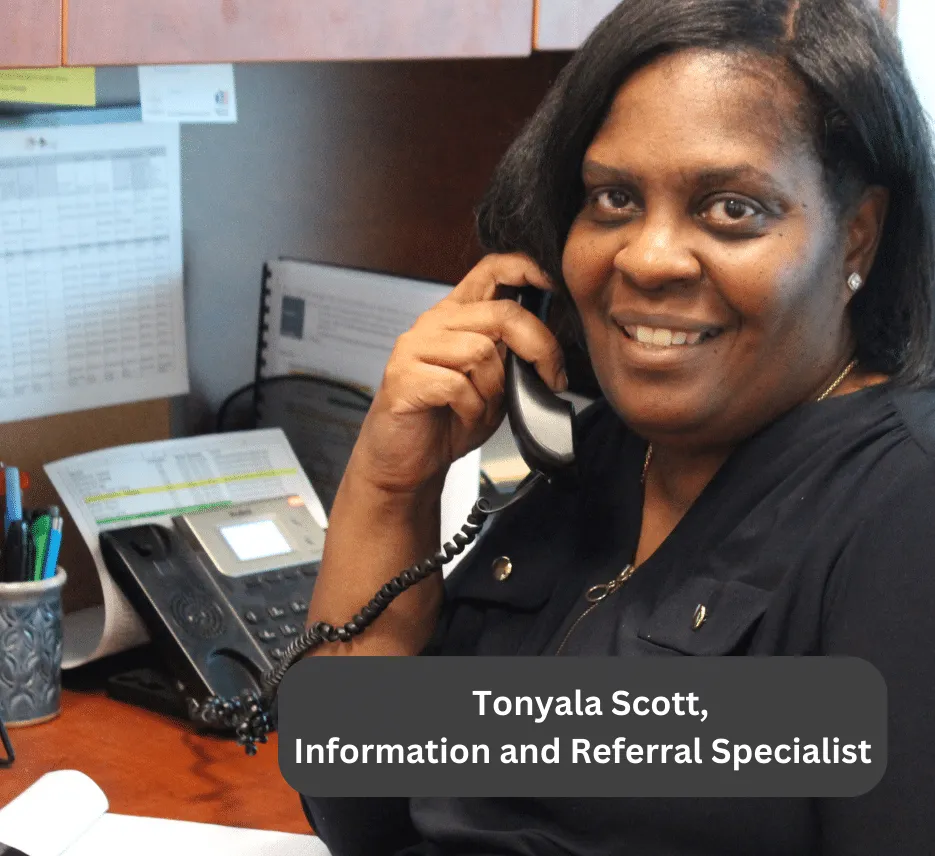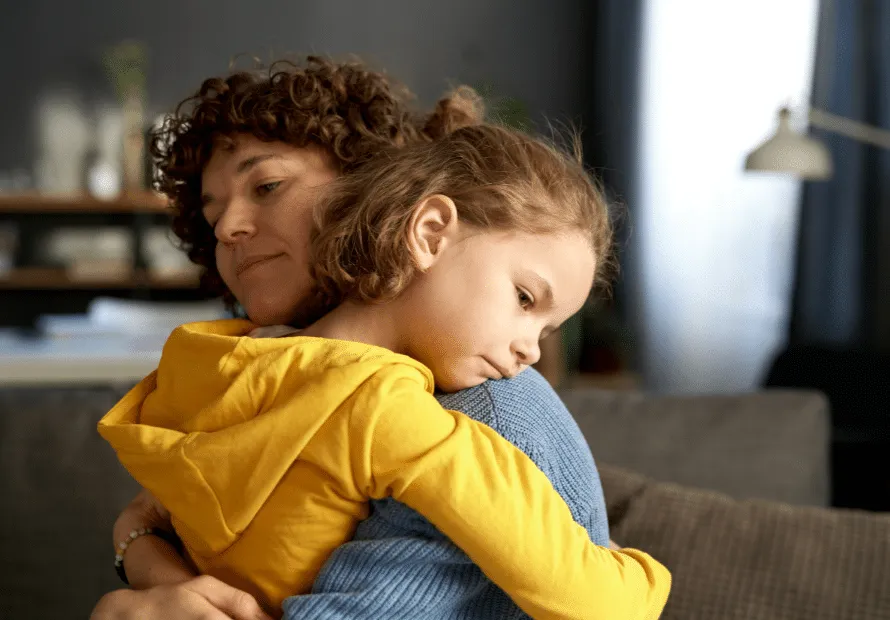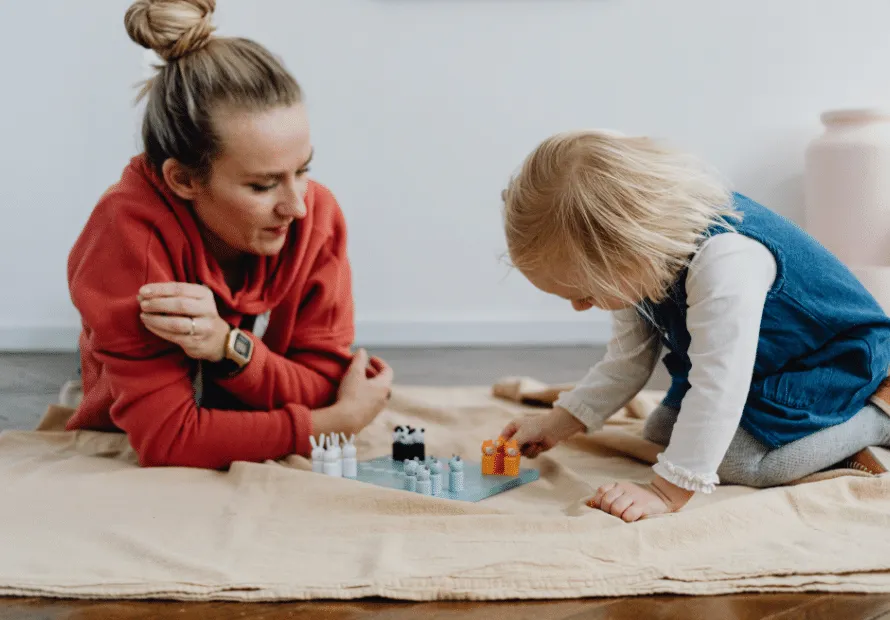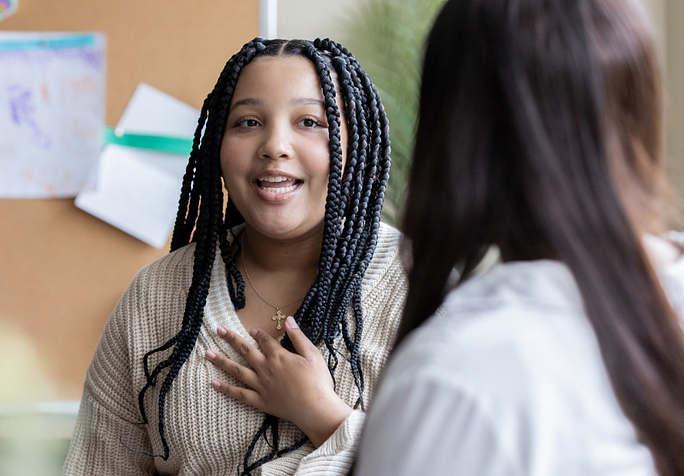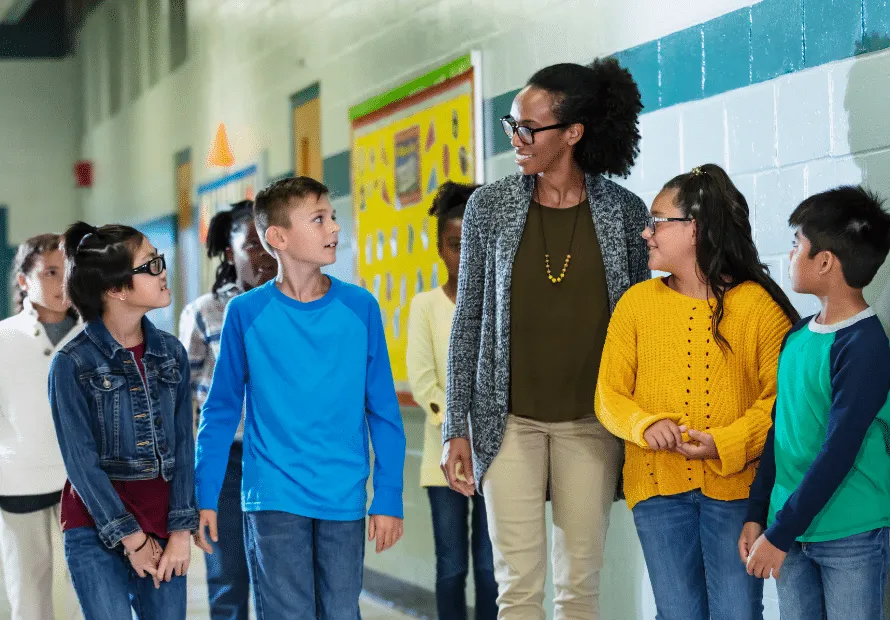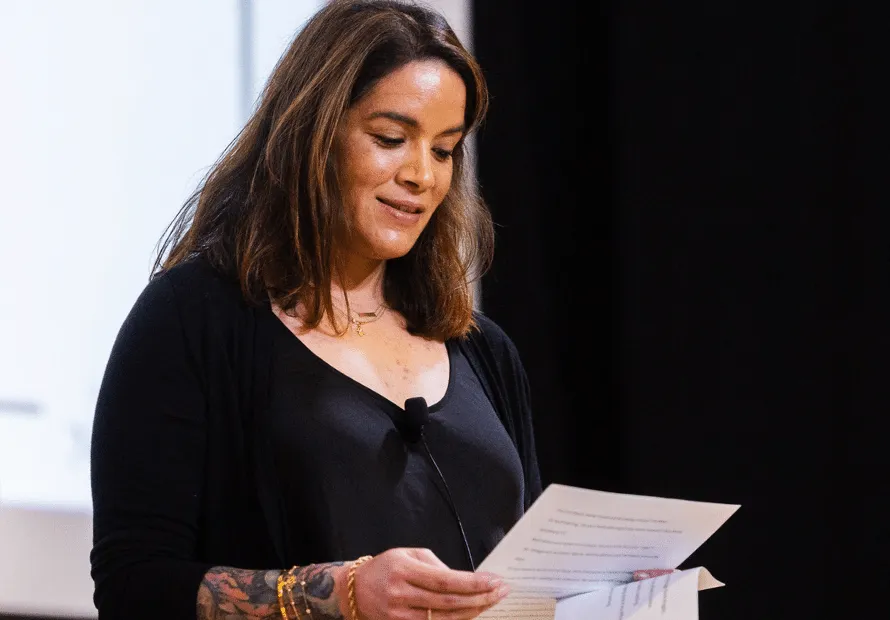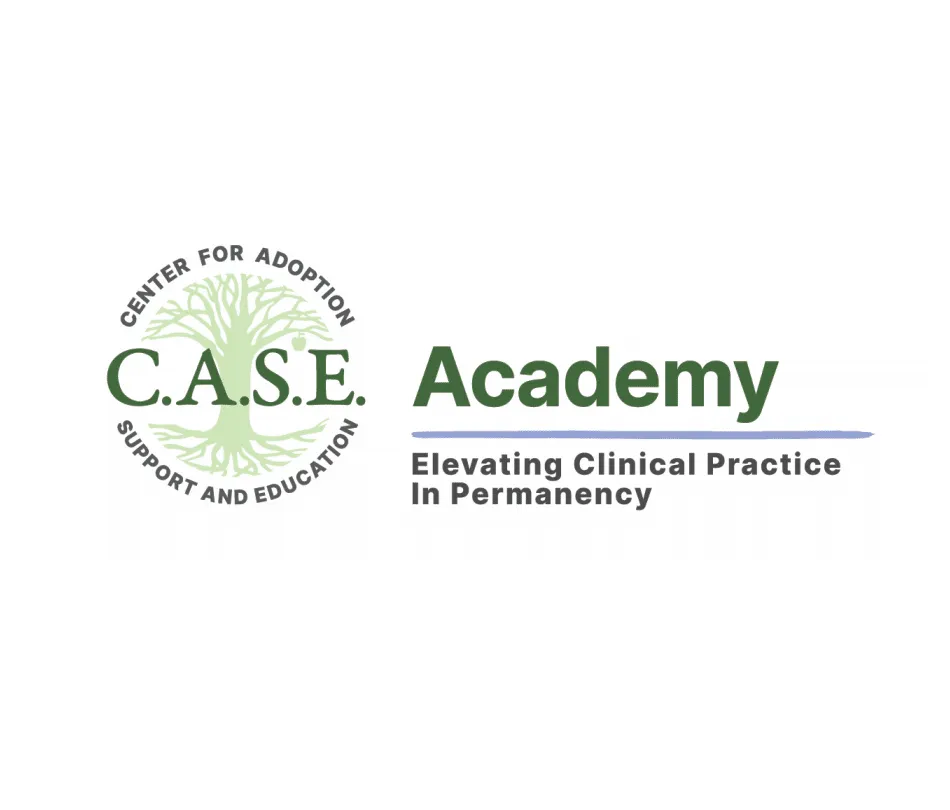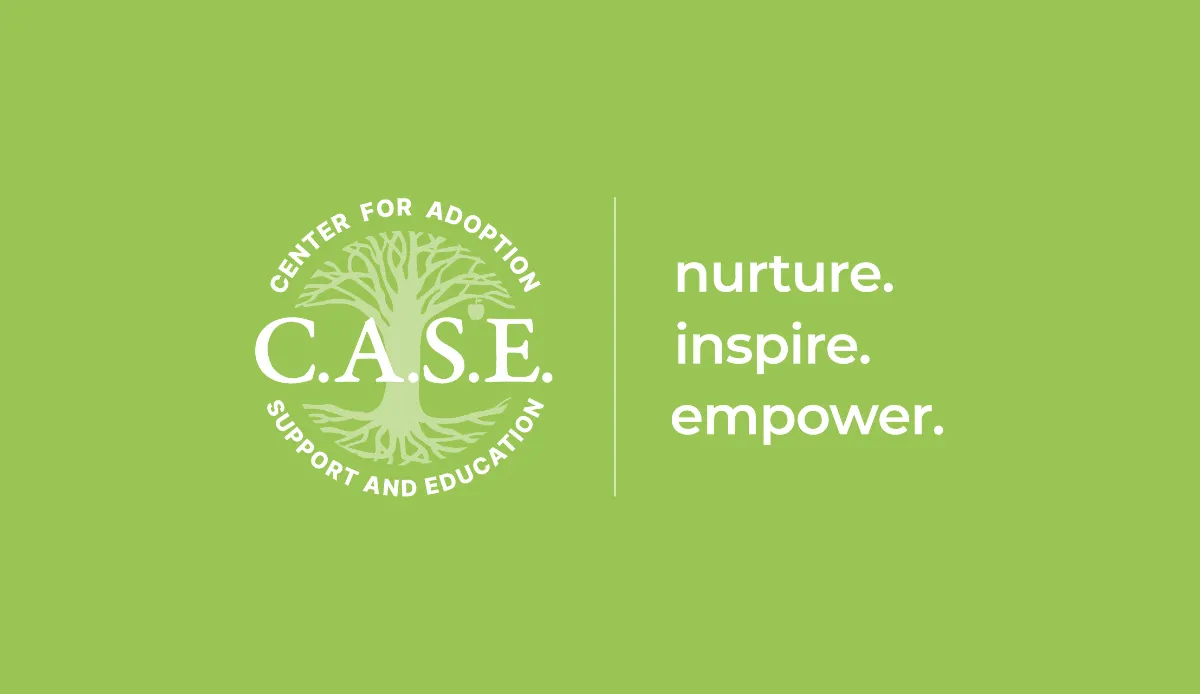The Mistake of Silence
The Mistake of Silence
The Emerging Leaders Candid Corner
A place where adopted adults candidly share THEIR stories & answer YOUR questions
Silence Isn’t Always Golden: Why We Must Speak Up
We’ve all heard the phrase, “Silence is golden.” But I’ve come to believe that statement is, at best, a half-truth. There are times when silence is a welcome friend, the peaceful quiet of a movie theater, the stillness of a morning coffee, or the calm before sleep. Yet, at other times, silence is a warning. The sudden quiet from a toddler’s room, the unnerving silence that follows a presentation, or the deafening quiet when a loved one pulls away.
Most of these silences are just moments of discomfort. But for some, the silence is a matter of life and death, an absence of support that can be fatal. This is a reality for many children and young adults who are in, or have been in, foster care or the adoption process. I know this because it was my reality.
How Silence and Stigma Shaped My Mental Health Journey
From ages 14 to 18, my life was a whirlwind of activity. I was student body president, a star athlete, a member of the National Honor Society, and the lead in my school musical. My parents had every reason to believe I was thriving, and on paper, I was. I kept myself so busy I didn’t have to face my feelings or acknowledge the state of my mental health. This is a common strategy — a way to avoid the deafening silence of our own thoughts. But just below the surface of my smiles and accomplishments, a storm was gathering. A storm that could have been weathered, or perhaps even avoided, if I had access to a mental health screening.

Why Every Child in Foster Care Deserves a Mental Health Screening
Mental health screenings are available for many children in foster care, especially if they are over the age of three. However, it’s not a legal requirement. I was part of a coalition that worked on the “Timely Mental Health for Foster Youth Act,” which would have mandated a screening within 30 days of entering care.
While the bill didn’t pass, I believe anyone with a history of out-of-home placement including foster care, adoption, or kinship care deserves immediate access to this type of care, both at time of entry and then continuously after (ideally annually as part of a yearly check-up or physical).
Recognizing the Signs: How Caregivers Can Help Before It’s Too Late
So many people fall through the cracks because they stay silent, and in many cases, they don’t know how to make a sound until all they have left is a scream.
When I was 16, I screamed. My scream took the form of self-harm, suicidal thoughts, and an attempt on my life. I had no idea I was suffering from depression, anxiety, and an identity crisis. I just knew my mind was racing and I hated being alone and without anything to do.
These issues are a lot to deal with on their own, but when combined with my first serious breakup, they created a perfect storm—violent, volatile, and destructive.
If only I had known how to ask for help, or if my caregivers had seen the signs. Of course, as a 16-year-old, I would have fought them on it, but a mental health screening before things reached a boiling point could have made the difference between life and death. It could have made my mind a much more peaceful place.
Speaking Up Is Strength: Reducing Stigma Around Mental Health
Mental health is still so stigmatized. We’re taught that asking for help is a sign of weakness. But in the 15 years since that near-tragedy, I’ve learned that getting help—whether through screenings, therapy, medication, or inpatient treatment—is one of the strongest things you can do.
When a loved one asks, “Have you ever considered seeing someone?” don’t dismiss it as a casual question. Take a moment and truly hear what they’re saying. That question is a profound declaration of love. They’re saying, “I love you so much that you deserve to be happier. I want to tell you I love you in person for years to come.” Their act of speaking is a gift, a courageous act of filling the void when you may not be able to. I am forever grateful to those who spoke for me when I couldn’t.
A simple screening and the courage to accept help are what I wish for everyone. There is support. There is help. And after the storm, there can be a sunny day if we are brave enough to take the first step and speak it into existence.
Take the First Step Toward Support
If you or someone you love has experienced foster care, adoption, or kinship care, a mental health screening can make all the difference. At the Center for Adoption Support and Education (C.A.S.E.), our adoption-competent therapists understand the unique challenges and strengths of the adoption, foster, and kinship care journey.
